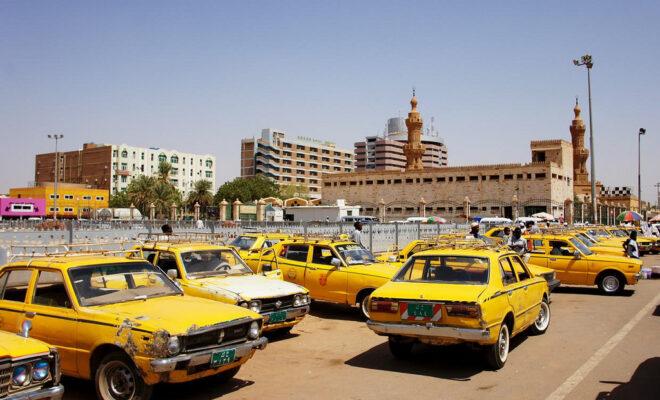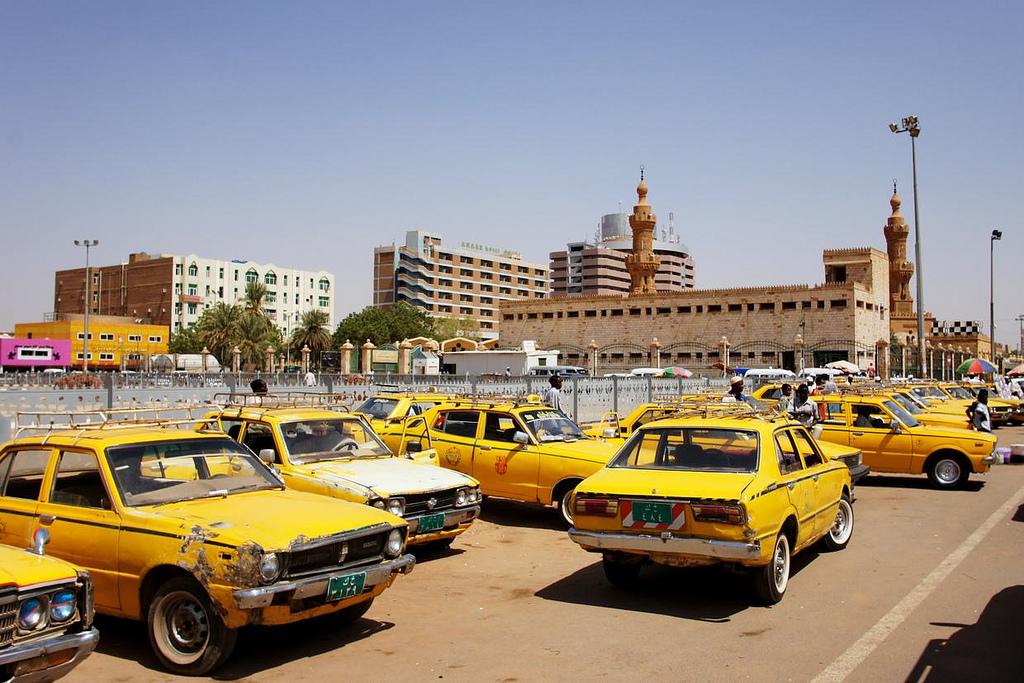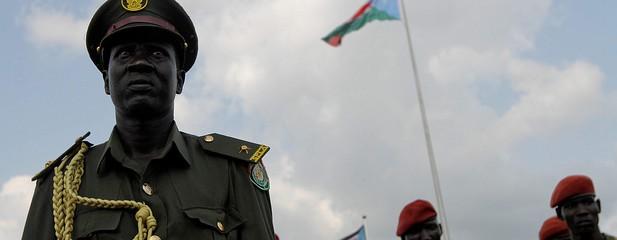Sudan: A genuine, peaceful people’s revolution in the making

It’s a question of how and when President al-Bashir’s reign ends, not if.

Is a Sudan revolution in the offing? Credit: DIGITALAIN.
Sudan has been gripped by daily popular protests for the last month. The Western media has largely ignored these developments.
Where it is the subject of brief articles, the uprising has been portrayed as spontaneous bread protests, which confuses their spark and circumstances with their causes. Accompanied by a focus on the brutal repression of the demonstrations, the coverage conveys images of suffering and powerlessness: in short, more of the same in a distant authoritarian state.
The media neglect, besides the telling contrast to the Darfur coverage in the mid-2000s, is an unfortunate omission that feeds into complacency and misperceptions. It is an abdication of the critical role of the fourth estate. It also mirrors the woefully inadequate responses by policymakers. Both fail to recognise the protests as a popular, peaceful, genuine grassroots uprising – a people’s revolution in the making.
The seeds of the uprising
This uprising didn’t come out of nowhere. Since South Sudan’s secession in 2011, the survival of President Omar al-Bashir’s regime has been under threat. The loss of three-quarters of Sudan’s oil revenues led to severe economic crisis. At the same time, the regime has spent an estimated 70-80% of its revenues on security and the military. This includes the pursuit of newly-erupted conflicts in the Nuba Mountains and Blue Nile states.
Corruption is also rampant in Sudan, earning those close to the regime billions of dollars while the majority of the population is becoming more and more impoverished. Foreign assistance, such as from the Qatari, Saudi and Emirati governments, has given the regime only limited breathing space.
In September 2013, mass anti-government protests against fuel subsidy cuts were brutally repressed. As many as 185 protesters were killed with impunity. The movement learned its lesson and began to develop long-term strategies.
In the face of years of oppression coupled with lack of opportunities, the youth became the driving force, building organisational capacity, working in the communities, and documenting abuses. Women also played a leading role, including through the No To Women Oppression campaign. They are fighting back against years of restrictions, humiliation and abuse in their daily lives and at the hands of the Islamist regime.
Against this background, the outbreak of protests in the northern town of Atbara on 19 December 2018 did not come as a surprise. They were quickly followed by other well-organised and growing mobilisations. They brought together the youth movement, workers and professionals associations, and political opposition parties. They feed on popular culture, songs, reports and debates on social media.
The Sudanese regime has resorted to its customary crackdown. Reports of excessive force, killings of protesters by snipers reportedly trained by Russian security personnel, arbitrary arrests, detention and torture abound.
These attacks have not deterred the protests but fuelled them further. As the protesters name and shame individual perpetrators and draw public opinion on their side, the regime is looking increasingly isolated.
How and when, not if
Whatever happens next, most observers agree that President al-Bashir’s 30-year rule is coming to its end. It is only a question of how and how quickly.
Sadly, many international policymakers believe al-Bashir will weather the storm and that his regime will continue to serve their respective strategic interests in Sudan. The lack of media attention reinforces this and will let these governments off the hook of having to deal with those protesting for peaceful and positive changes.
The worst-case scenario is an escalation of violence, which protesters are seeking to avoid by all means, insisting that it is a peaceful movement. A transitional government is another scenario much talked about, raising the major question, and challenge, of the role to be played by anyone associated with the current regime.
There are historical precedents for successful uprisings in Sudan in 1964 and 1985. As the spirit of democratic change quickly gave way to a return to authoritarian rule on both occasions, many analysts stress that lessons of past failures need to be heeded.
[Sudan Uprising III: What 1964 and 1985 tell us about today’s protests]
Addressing the many problems in the country is paramount. High on the agenda must be: respect for political, religious and cultural diversity; sustainable and equitable development; and rooting out corruption. Other priorities include rebuilding of the rule of law; respect for human rights; and justice for past wrongs.
Any transition will be a critical moment in Sudan’s history, with undoubted symbolic and potentially real impact in neighbouring countries such as Egypt and South Sudan.
[On shared struggles: From Sudan to the gilets jaunes to #MeToo]
Western policy in tatters
Western states’ policies of normalising relations with al-Bashir – built on a rationale of “better the devil you know” – are in tatters. Their assumption that Sudan’s current rulers ensure stability, a belief cultivated by the regime, has been exposed as the fallacy it always was. Their self-interest – be it US counter-terrorism intelligence-sharing, UK business interests or EU control of migration – is barely masked by the customary calls on the regime to prevent escalation and to show respect for human rights.
For the EU, whitewashing the regime’s criminal militias is actually creating more migration from Sudan accompanied by gross human rights abuses. US interests in counterterrorism are legitimate, yet it is partnering with a regime that maintains close ties with radical Islamist groups that justify violent extremism in their propaganda as evidenced by the US’ own travel advisory on Sudan.
It is incontrovertible that the regime has no democratic legitimacy. It is high time to listen to the people of the Sudan, not those who have denied them political freedom over the last three decades.






WHEN THE WORLD TURNS ITS BACK ON THE DOWN TRODDEN, THEY WILL BE NEXT
IN LINE TO SUFFER THE SAME FATE ! THE SELFISH ATTITUDE OF I’VE GOT MINE——-
IT’S UP TO YOU TO GET YOURS —IS THE FAILURE OF RELIGION TO BBRING THIS ISSUE TO THEIR HOUSE OF WORSHIP……